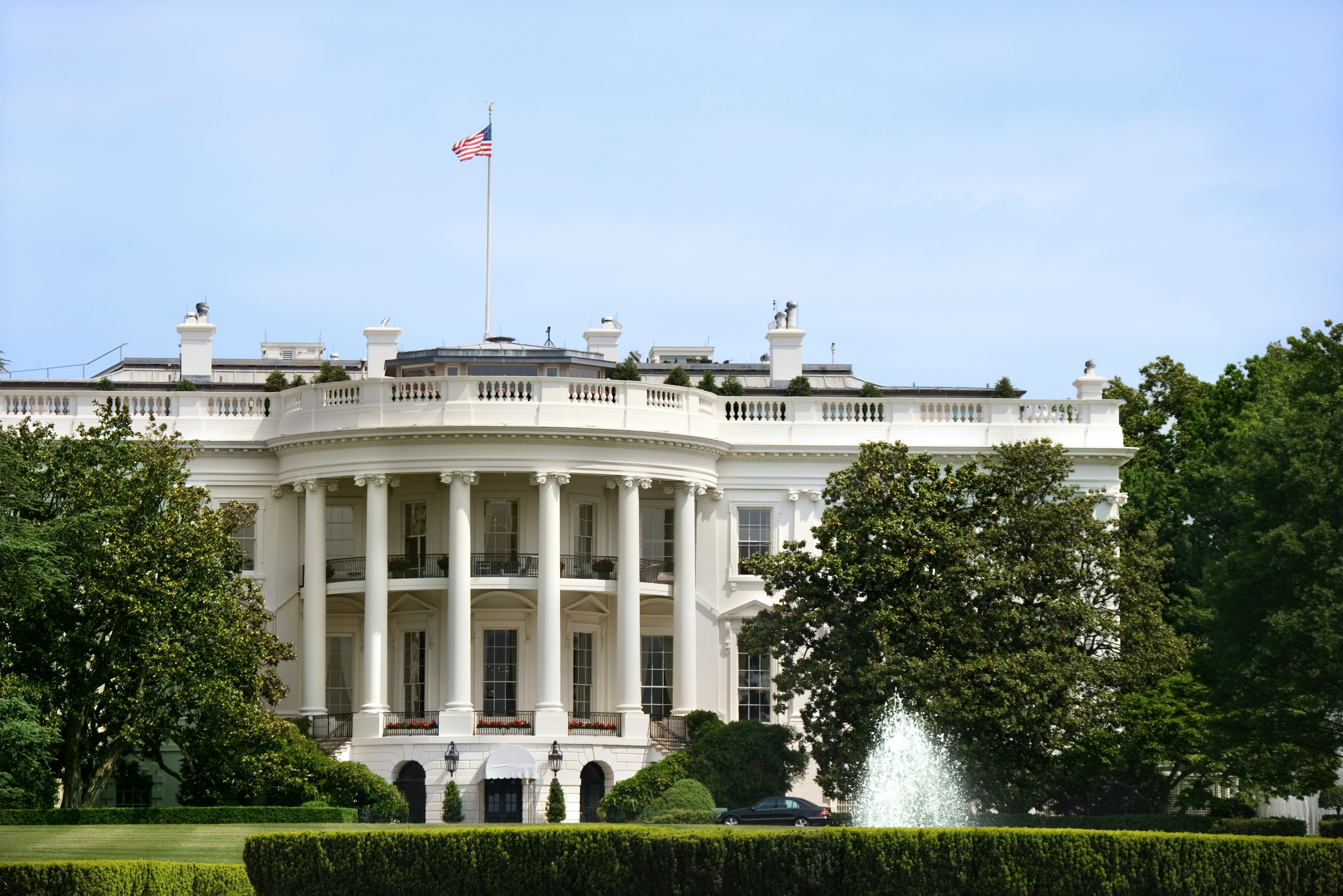US Threatens Sanctions Over IMO Net Zero Shipping Plan

The Trump administration escalated its trade and maritime policies on Friday, warning that countries supporting the International Maritime Organization’s (IMO) upcoming Net Zero Framework (NZF) could face sweeping sanctions. The NZF is a global initiative aimed at reducing greenhouse gas emissions from international shipping.
In a joint statement, Secretary of State Marco Rubio and Transportation Secretary Sean Duffy said that nations voting in favor of the IMO’s decarbonization proposal risk “port bans, visa restrictions on seafarers, punitive vessel fees, and sanctions on government officials” accused of endorsing what they called “activist-driven climate policies.”
Analysts say the move opens a new front in the administration’s ongoing trade confrontations, adding to tensions created by Washington’s port fee dispute with China and its threats of new tariffs on Chinese imports.
“The administration unequivocally rejects this proposal before the IMO and will not tolerate any action that increases costs for our citizens, energy providers, shipping companies and their customers,” the statement said.
Trump officials have described the NZF as a “European-led neocolonial export of global climate regulations,” claiming that its implementation would amount to “the first global carbon tax.”
The IMO’s draft framework has gained wide support from European nations, Pacific island countries, and major global shipping lines, but the US position could significantly impact the upcoming Marine Environment Protection Committee (MEPC) vote in London.
Meanwhile, the European Union reaffirmed its commitment to backing the NZF.
“The EU supports ambitious global measures at International Maritime Organisation (IMO) level with a view to decarbonise the shipping sector, and ensure a global level playing field. The EU views the Net-zero Framework as a significant milestone and calls for its adoption at IMO next week,” the Directorate-General for Mobility and Transport said Friday.
The EU also indicated that, if the framework is adopted, the European Commission would review its current regulations to align them with the new international standards.